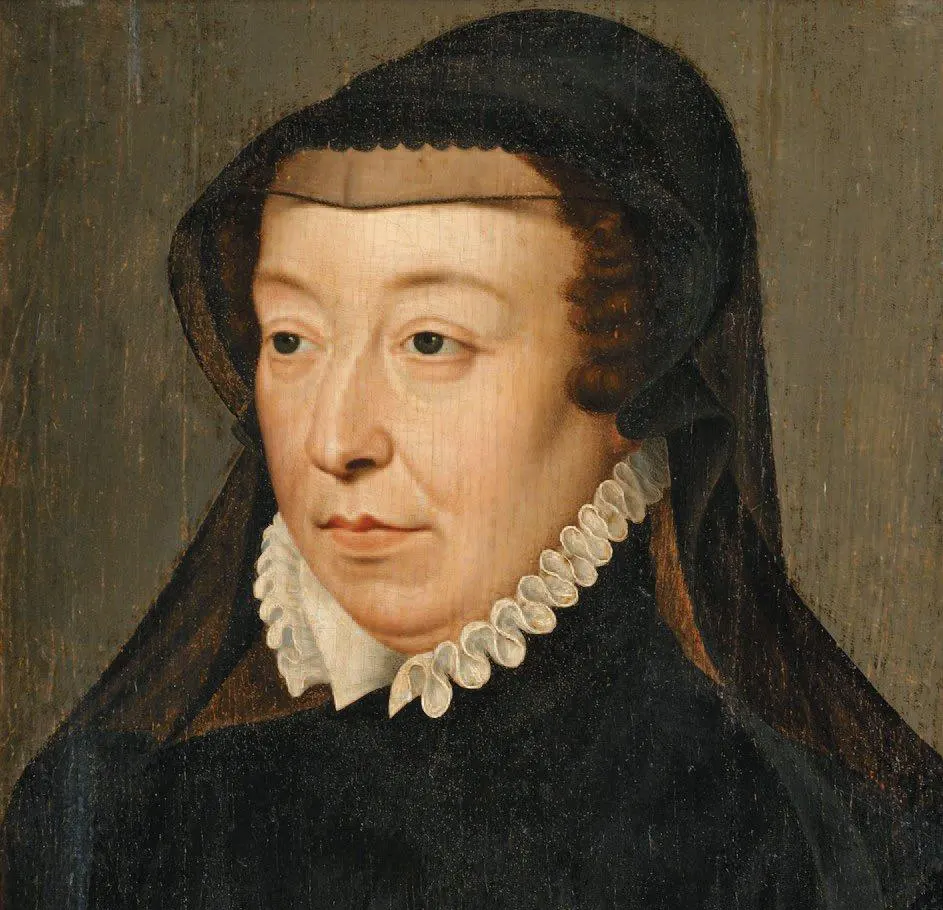From the delicate layers of a croissant to the decadent richness of a crème brûlée, French cuisine holds a certain mystique. Even the seemingly simple – a perfectly crusty baguette, a buttery crêpe, or potatoes swimming in a creamy sauce – possess a depth of flavour that leaves us wanting more.
French cuisine is more than delicious food; it’s an intricate art form, a cultural cornerstone, and a global phenomenon. Michelin stars, intricate preparations, and a deep appreciation for fresh, high-quality ingredients are all hallmarks of French cuisine, which UNESCO has even recognised for its cultural significance.
But how did this seemingly ordinary cuisine rise to such global acclaim? Let’s explore French cuisine history and its fascinating journey from hearty medieval meals to the revered art form it is today.
A Culinary Legacy Begins
French cuisine, known for its elegance and complexity, has a rich history that dates back to the Middle Ages. During this time, French cooking was heavily influenced by Italian cuisine, particularly by introducing spices, refined techniques, and exotic ingredients brought by Catherine de Medici when she married King Henry II of France. This period marked the beginning of French cuisine’s transformation into an art form, where meals were about sustenance, presentation, and sophistication. The banquets held in French courts were elaborate affairs, showcasing intricate dishes that highlighted the burgeoning culinary skills of French chefs.
The Evolution of Haute Cuisine
As centuries passed, French cuisine continued to evolve, particularly during the 17th and 18th centuries, which saw the rise of haute cuisine. This era was defined by the works of legendary chefs like François Pierre La Varenne and Marie-Antoine Carême, who established the foundations of modern French cooking. La Varenne’s cookbook “Le Cuisinier François” revolutionised French cooking by removing the heavy use of spices and focusing on fresh ingredients and refined techniques. Carême furthered this transformation by introducing elaborate presentations and detailed techniques, setting the standards for fine dining and influencing chefs worldwide.
The Legacy of Auguste Escoffier
Auguste Escoffier, renowned as the “King of Chefs and Chef of Kings,” left an indelible mark on French cuisine history in the late 19th and early 20th centuries. His innovative approach to culinary arts and organisational skills revolutionised the restaurant industry, introducing the concept of à la carte dining and modern kitchen management. Escoffier’s meticulous attention to detail, insistence on using only the finest ingredients, and emphasis on simplicity in preparation elevated French cuisine to new heights of sophistication and acclaim. His culinary legacy continues to inspire chefs worldwide, shaping the very essence of modern gastronomy.
The Advent of Nouvelle Cuisine
The 20th century brought about another significant shift with the introduction of nouvelle cuisine, a movement that emphasised lighter, more delicate dishes and simpler presentations. This style was championed by chefs like Paul Bocuse and Michel Guérard, who sought to modernise French cooking by focusing on natural flavours, seasonal ingredients, and artistic plating. This evolution solidified French cuisine’s reputation for innovation and excellence and cemented its status as the pinnacle of culinary art. Today, French cuisine is celebrated globally, with its techniques and traditions continuing to inspire chefs and delight food enthusiasts around the world. Learn more about mastering the art of French cooking here.
Pursuing the art of French cuisine: where to study and hone your skills
French cuisine stands tall as one of the world’s most esteemed culinary arts, renowned for its formal techniques, emphasis on fresh ingredients, simple yet flavorful dishes, meticulous presentation, and centuries-old traditions, making it a cornerstone of global gastronomy and a testament to the rich heritage of French cuisine history.
Exploring the depths of French cuisine goes beyond following recipes—it’s about understanding the essence of culinary artistry. French chefs, often likened to magicians with invisible ink recipes, infuse their dishes with tradition, values, and a deep-rooted philosophy about food and humanity.
For those eager to delve into the art of French cooking or aspire to become skilled chefs, Institut Disciples Escoffier (IDE) offers professional diploma programs in Cuisine, Pastry, and Bakery. IDE’s core mission, inspired by the legacy of Auguste Escoffier, the renowned “King of Chefs and Chef of Kings,” is to impart authentic culinary knowledge and techniques.
At IDE, you’ll receive hands-on training from leading chefs, benefit from fast-track and interactive teaching methods, and enjoy small classes with personalised support. The program maintains high professional standards, often hosting world-renowned guest chefs for additional insights. Upon completion, you’ll earn double certification from Institut Disciples Escoffier and the French Ministry of Education, solidifying your expertise in the art of French cuisine.













